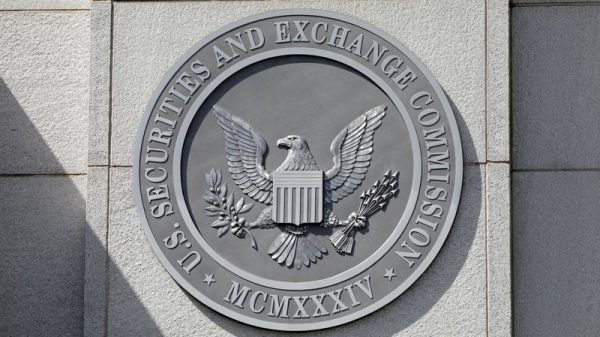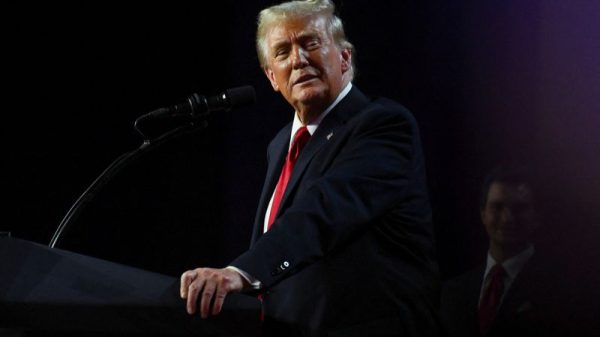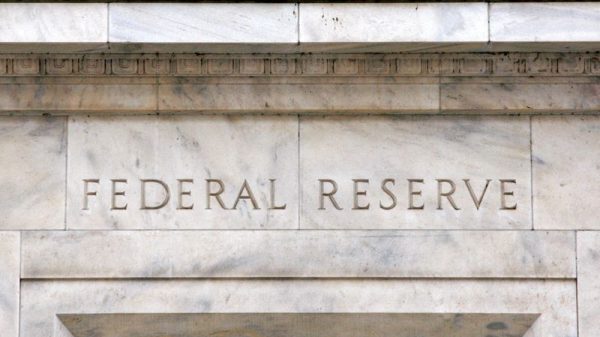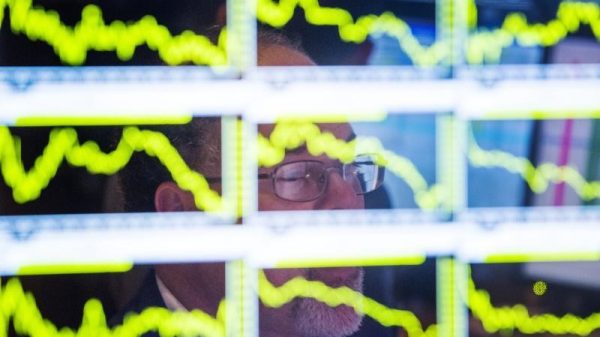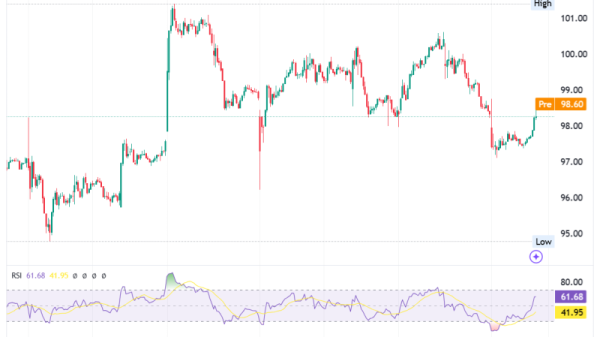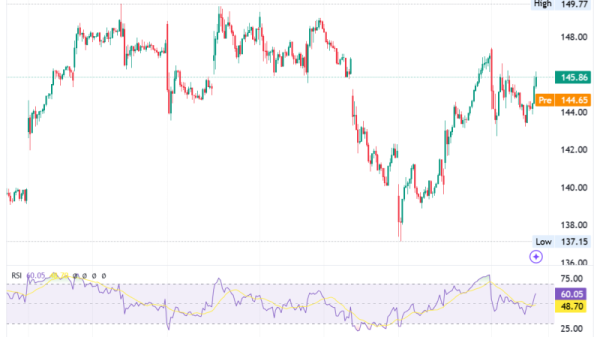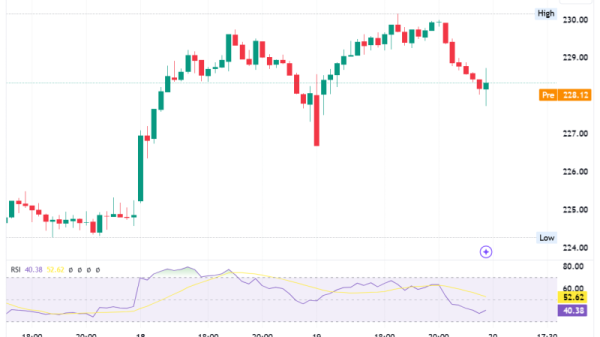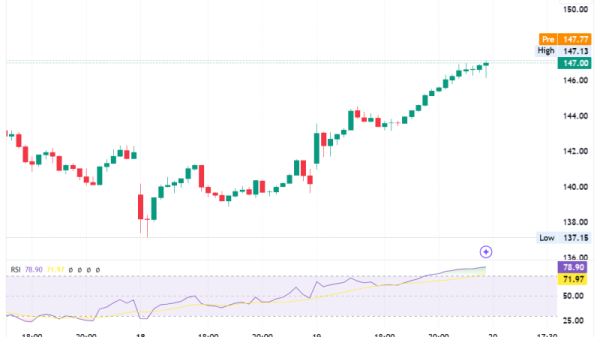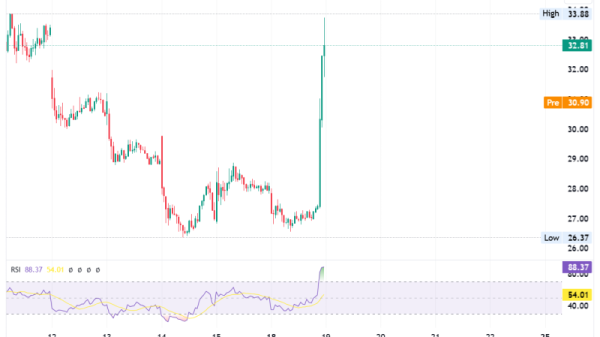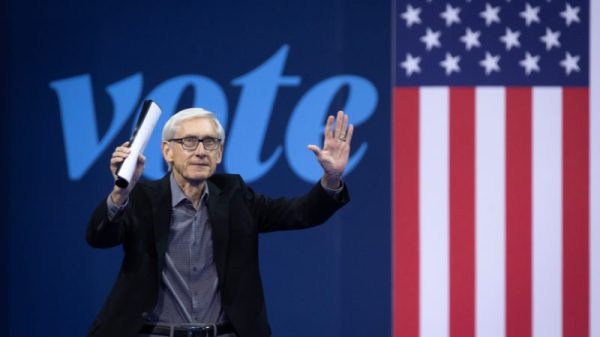Investing.com — Citi Research has quantified the impact of a unilateral tariff increase by the United States, offering a comprehensive understanding of how such a policy could ripple through the global economy.
Citi’s simulation specifically examines the effect of a 10 percentage point increase in tariffs on imports from several of the US’s key trading partners, including Canada, China, Japan, Mexico, Taiwan, South Korea, the UK, and the European Union.
This collective group represents approximately 77% of total US imports. Although the hypothetical tariff increase aims to reduce trade imbalances, Citi’s findings suggest that the broader economic consequences are far more complex, affecting global trade flows, inflation, and long-term output levels.
The immediate effect within the United States is a sharp, temporary economic slowdown. Citi projects that US output would dip by 0.7% below the baseline within six to nine months following the tariff hike.
Inflation would spike, with core consumer prices increasing by 0.6%, primarily due to higher import costs. However, the Federal Reserve is expected to quickly pivot its focus to supporting growth as inflation pressures fade, allowing for a recovery.
By three years after the tariff implementation, US output is projected to return to baseline levels, and the economy would eventually continue growing along its long-term trend.
Outside the United States, however, the consequences appear more lasting. Global output, excluding the US, would see a permanent loss, leaving the overall global economy 0.3% smaller than it would have been without the tariffs.
Growth in the rest of the world would resume roughly two years after the shock, but the output losses during that period would not be fully recovered. Notably, the global trade growth would also slow down, reflecting a less integrated global economy.
This deceleration flags the broader, long-term effect of tariffs in fragmenting international trade networks.
Citi’s model illustrates that while such tariffs may yield marginal improvements in the US trade balance (about 0.2% of GDP over time), the policy falls short of achieving substantial corrections in trade imbalances.
This limited impact is largely offset by a stronger US dollar, which diminishes the potential gains from reduced imports.
Moreover, Citi notes that the scenario analyzed does not account for retaliatory measures from other countries, which are a likely real-world consequence of such a protectionist move.

